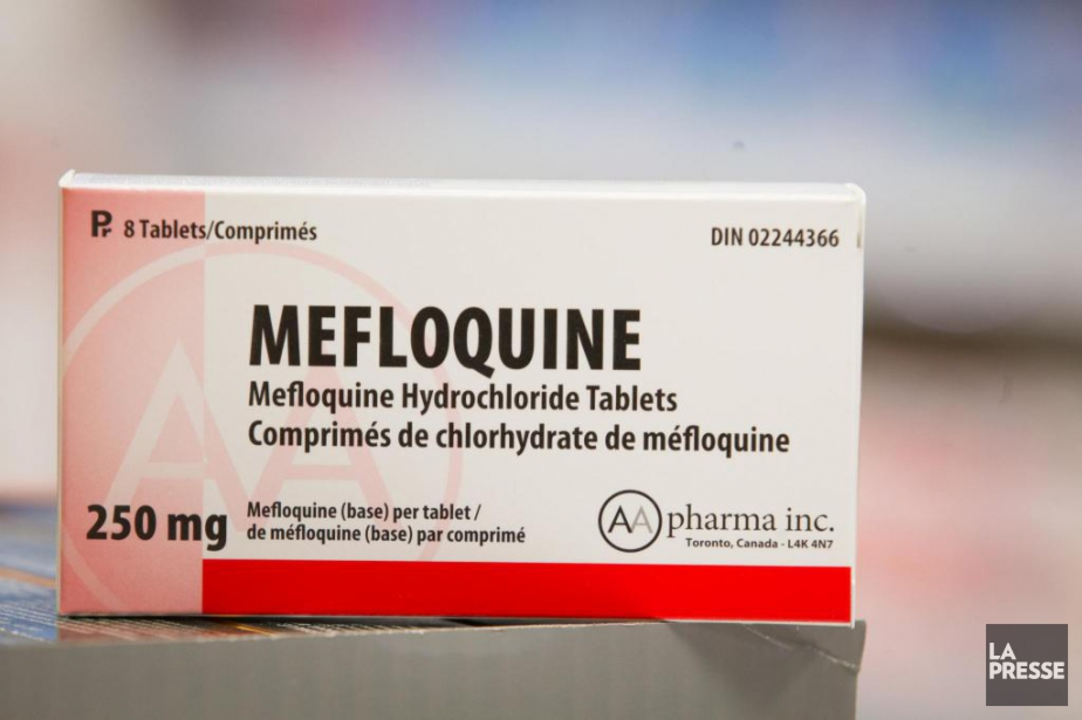Mefloquine — what travelers should know
Planning a trip to a malaria zone? Mefloquine is one of the older antimalarial drugs used for prevention and, in some cases, treatment. It works as a weekly pill many travelers find convenient. But it also carries specific safety concerns you should not ignore. Below I give clear, practical facts so you can talk with your clinician and choose the right protection.
How mefloquine is used
For prevention, the common regimen is a once-weekly dose. Start taking it 1–2 weeks before arriving in the malaria area, continue once a week while there, and keep taking it for 4 weeks after you leave. Treatment dosing is different and should only be done under medical supervision—don’t self-treat. Some regions (parts of Southeast Asia and other areas) have reported resistance to mefloquine, so check up-to-date local guidance before you rely on it.
If you prefer alternatives, doxycycline and atovaquone–proguanil are widely used and have different side effect profiles. Your choice should depend on where you’re traveling, how long you’ll stay, medical history, and any other meds you take. A travel clinic can recommend the best option for your route and health status.
Side effects, risks and who should avoid it
Common side effects include nausea, dizziness, headache, and vivid dreams. Those are unpleasant but usually temporary. More serious are neuropsychiatric reactions—anxiety, severe depression, hallucinations, or seizures. If you have a history of seizures, major mental health problems, or unexplained fainting, mefloquine is generally not recommended.
Stop the drug and seek medical help if you notice severe mood changes, confusion, or new neurological symptoms. Tell your prescriber about any heart rhythm issues or if you take antidepressants or antipsychotic drugs—some combinations raise risks. Pregnancy and breastfeeding require a doctor’s input; your clinician will weigh risks and benefits for your situation.
Practical tip: if you get strong vivid dreams or feel unusually anxious after the first dose, discuss switching to another prevention method rather than pushing through.
Buying mefloquine online — quick safety checklist
1) Get a prescription. Legit pharmacies should ask for one. 2) Use a licensed, well-reviewed pharmacy with clear contact details. 3) Avoid sites with wildly low prices or no physical address. 4) Check shipping times, packaging, and expiration dates on arrival. 5) If ordering from abroad, confirm import rules for your country to avoid confiscation or delays.
If you’re unsure, go to a travel health clinic before you leave. They’ll match the best drug to your itinerary and offer clear instructions. Safe trip preparation beats scrambling for meds overseas.


